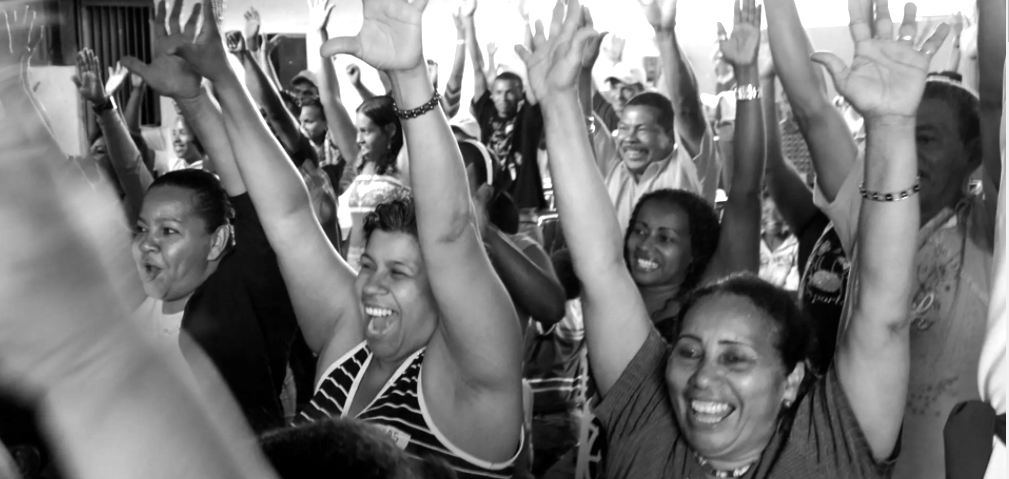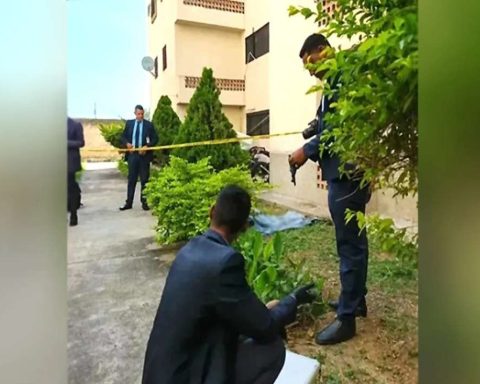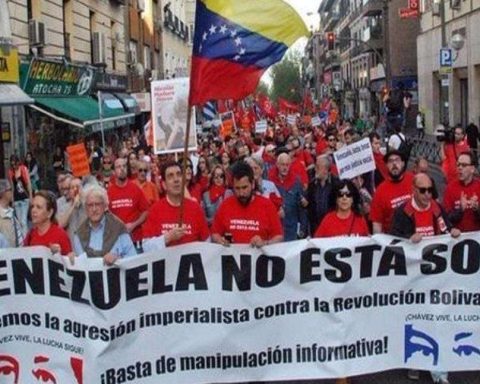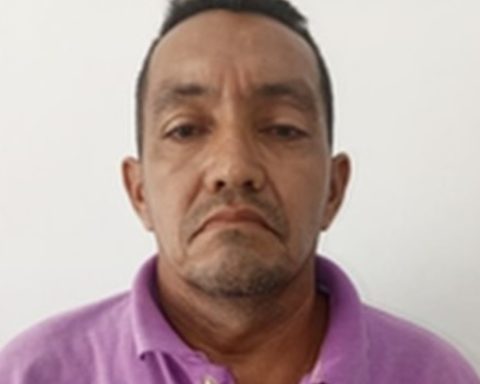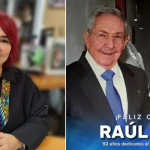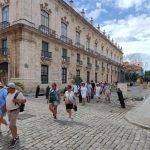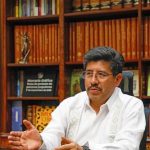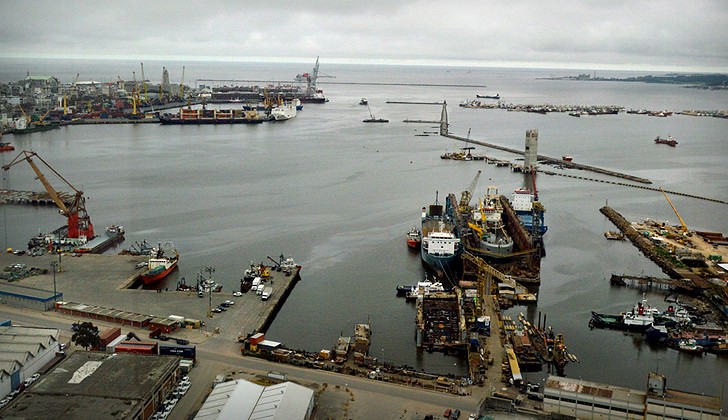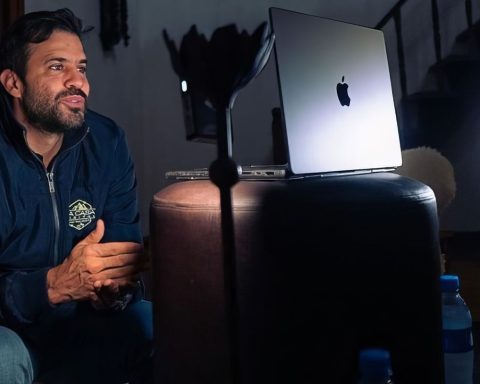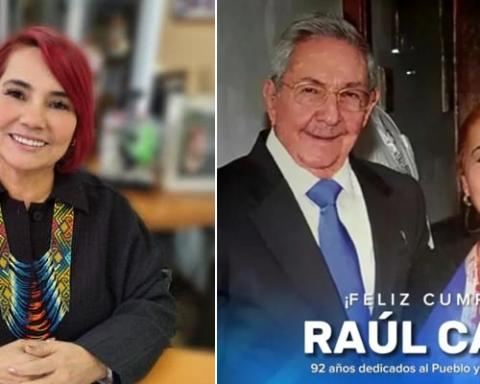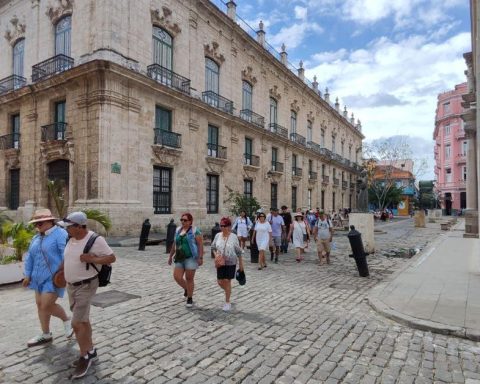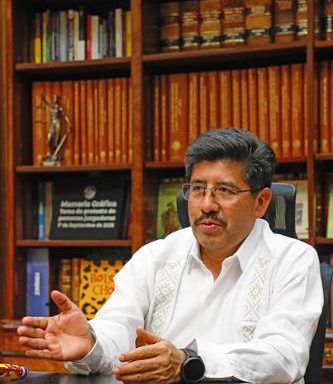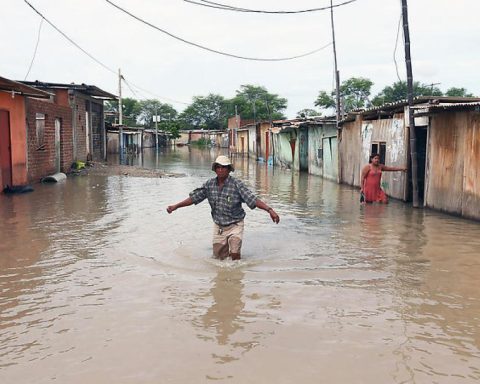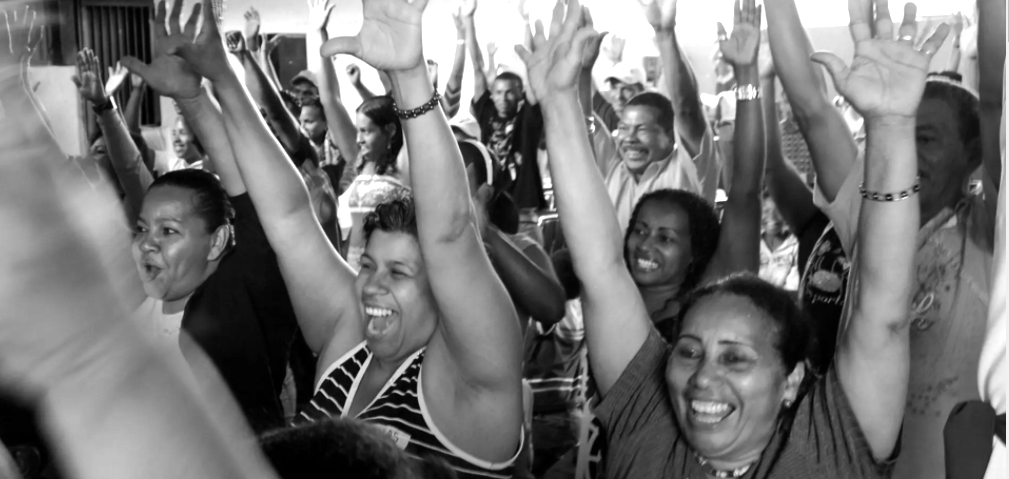
Except for a few people, there is a growing consensus in the country that the only viable and realistic option to overcome the long political, economic and social crisis in Venezuela is a negotiated political solution, which in turn means working in a negotiation process to achieve it. .
However, even reaching the best possible agreement at a negotiating table, it will fail if it is not accompanied by two essential elements. On the one hand, the understanding and acceptance by the population of the issues contained in a possible agreement, and on the other, the active support of the people both for the work of negotiation and for its results. In other words, there will be no successful negotiation without suffering.
In a recent article, we analyzed three of the main factors that explain why so far the absence of mourners in the face of what is happening in the political sphere –including of course the negotiation process– is one of the most salient and worrying features of the current joint. The first is the almost complete lack of information that people have about reality and political events in the country. The second has to do with the perception of distrust and little credibility, hopefully temporary, of a large part of the population regarding the opposition leadership. Unfortunately, and according to recent public opinion studies, the opposition is perceived as dispersed, unable to incorporate and organize most of the social sectors that oppose the government, and with less and less weight among the popular sectors, which causes a phenomenon of widespread disappointment towards the dynamics of the political world.
The third and last factor is the deficit in many regions of the country of organic political and social structures that inform the population about key issues and discuss them, that activate and organize citizens and, in a word, help generate civic pressure. internal. This work of repoliticizing society is an unavoidable step for the construction of a negotiated political solution.
Last Friday, May 6, at the Andrés Bello Catholic University, the results and findings of a new cycle of quiet but very effective activity carried out since last year by the Broad Free Venezuela Front entitled “The ideas of everyone”. This second cycle of activity consisted of a series of 92 meetings in 23 states of the country (4 in each state, one per week), which allowed important sectors of society such as universities, health, organized communities (churches, neighborhood associations, community councils, public service user committees, teachers and educational communities, alternative or community media), non-governmental organizations (human rights, food, education, health, environmental and electoral and citizen), the productive sector (labour and business), and political parties.
A total of 2,584 representatives from 646 social and political organizations participated, discussing issues such as the complex humanitarian crisis, violence and insecurity, the systematic violation of human rights, and how to press for free and fair elections. These 4 issues are part of the memorandum of understanding signed in August 2021 between the Maduro government and the Venezuelan opposition as a reference framework for the negotiation process between both parties with the collaboration of the Kingdom of Norway.
These were not just meetings of people and organizations to analyze issues necessary for a negotiated political transition, but in the end, as an exercise to test and exercise the ability to do things together, despite the intergroup mistrust that still accompanies us, the sectors designed and carried out concrete actions of civic pressure. But in addition, with the support of the Broad Front, 400,000 copies of their own little newspaper titled Okaywhose objective is to provide information to advance communication strategies and agreements to resolve conflicts.
In the end, the objective of this ambitious project of “everyone’s ideas” that has already been running for 2 cycles and more than 230 meetings throughout the country, is to help build a stronger and broader social fabric through the creation of meeting spaces between social and political factors of the Venezuelan democratic alternative, in order to promote a successful comprehensive negotiation that, as a national political agreement, contemplates the holding of free and fair elections, the only way to achieve a viable political and social transition, successful and permanent. In a word, help generate mourners who not only care about and understand the need for a process of negotiation and agreement as a political solution, but also press and fight for its achievement.
Initiatives like this are the kind of political work that really works in a dictatorship, away from the microphones, the sensationalism of the headlines and the sterile desire for protagonism and figure. That they cannot be seen from Caracas –and that is why some who only look at what is moving in their inner circle end up believing that it does not exist– but that it provides organization and hope downstream in our population.
The UCAB event on May 6, invisible and unknown to many, is a new sign that the struggle may be hidden from many eyes – as always happens in regimes of fascist domination like ours – but it continues and advances.
But, in addition, initiatives of meeting and popular organization such as these are the blatant denial of the nagging belief of the apathetic and dedicated country. The population seems to be attentive and willing to organize and participate in instances or activities that seem useful and credible. The experience of the two cycles of Las Ideas de Todos confirms this once again. When the states began to organize and invite the 6 social sectors with which they wanted to work, many people also asked to be invited to participate, so much so that we did not have enough to attend to them, given the obvious limitations of logistics, transportation and cost. of activities like this.
A final reflection, product of what has been learned in this new experience: people are tired of others speaking on their behalf only to legitimize their own political positions, or that they are summoned to events where their role is to appear as passive stone guests in a scenario that is not for them, but they are certainly eager that, instead, they propose credible and effective alternatives to make their voices heard and organize themselves for the fight to recover the country where they were born.
@angeloropeza182
